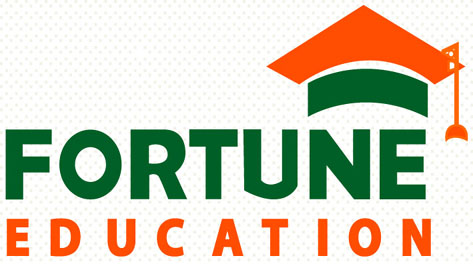MBBS Seats in India Availability Quotas and Reservation Policies

The availability of MBBS seats in India is governed by a set of quotas and reservation policies that aim to […]

The availability of MBBS seats in India is governed by a set of quotas and reservation policies that aim to […]